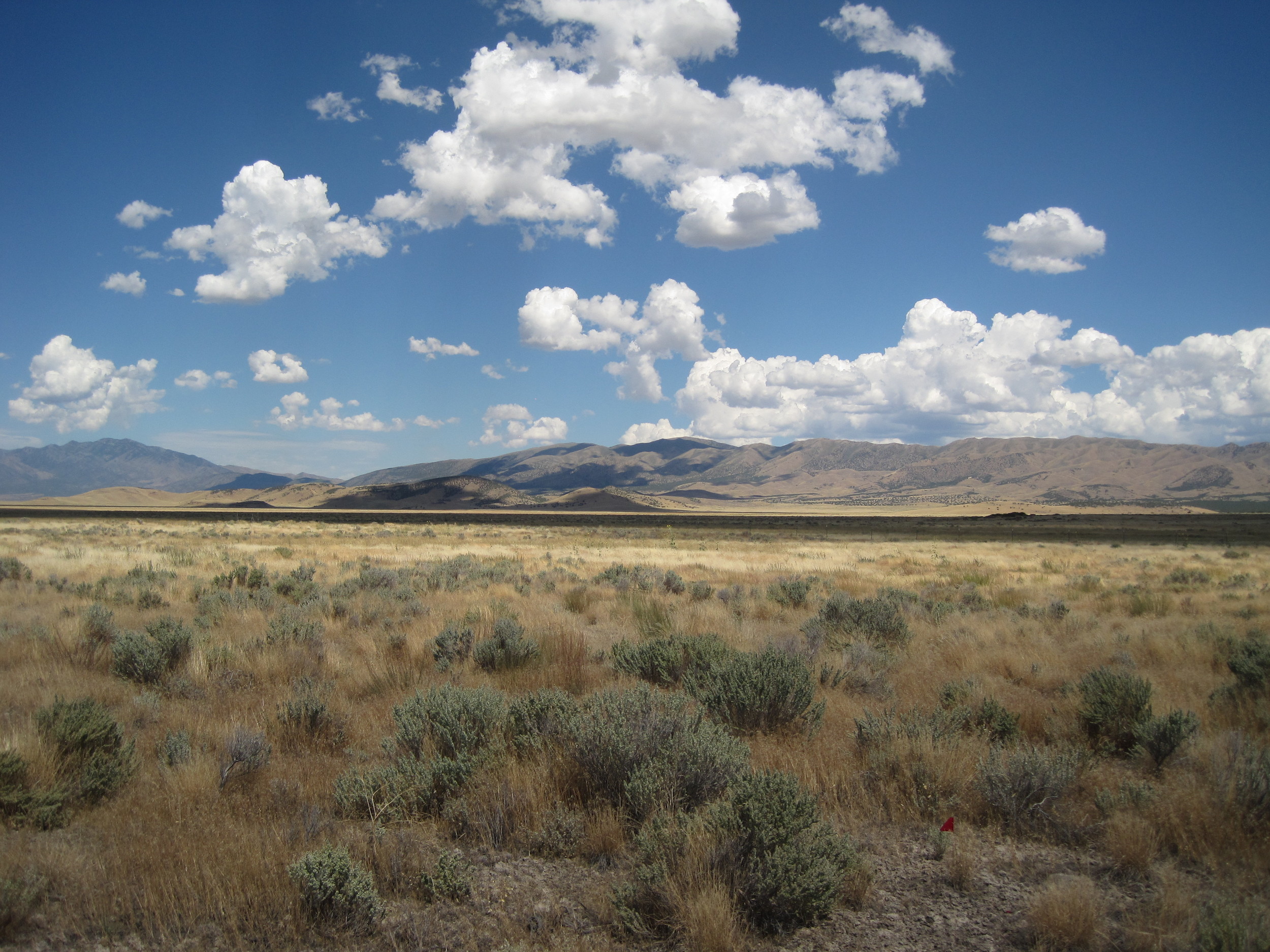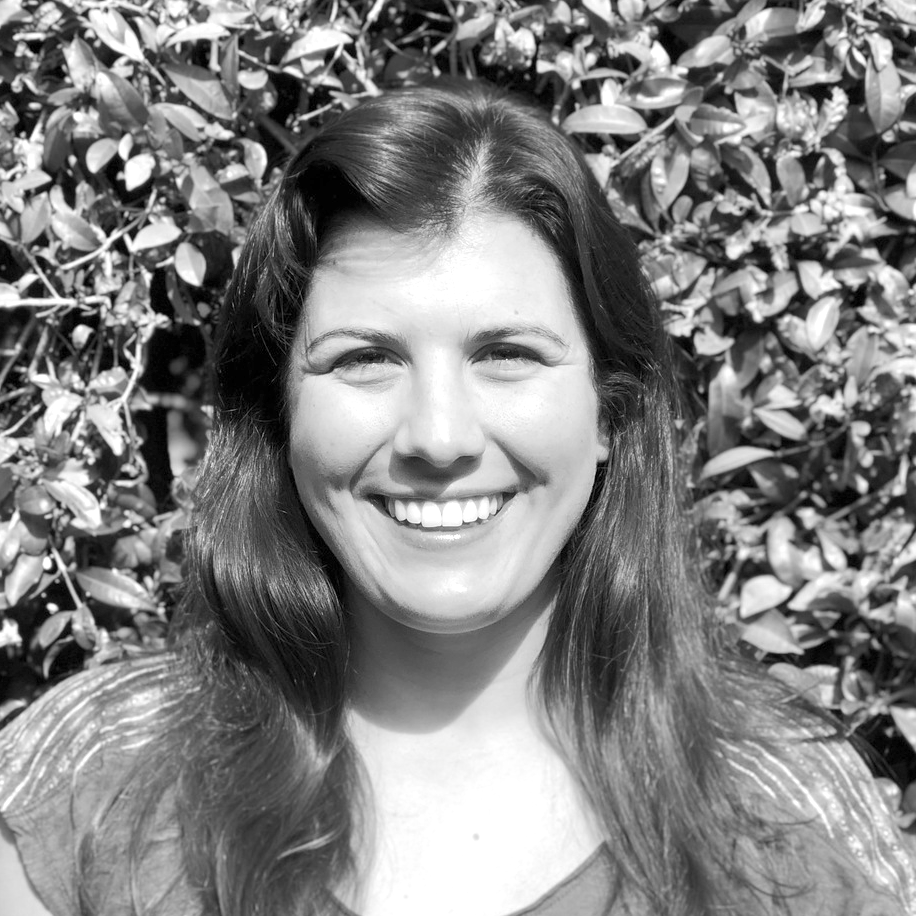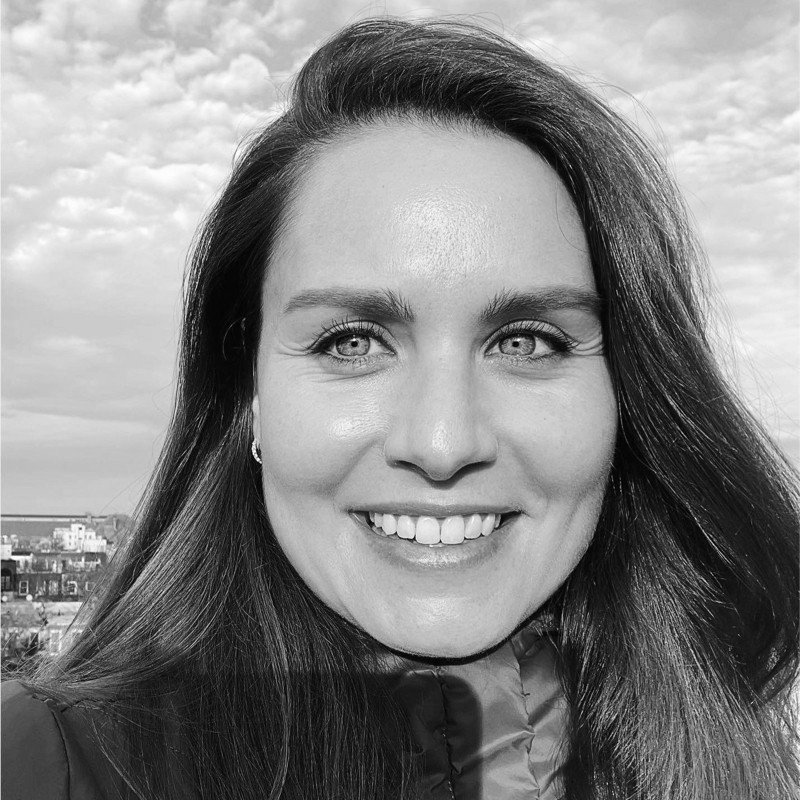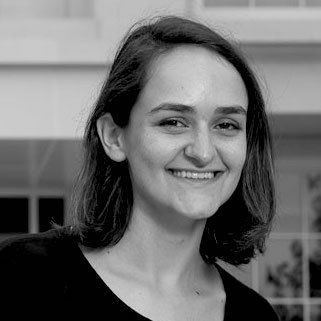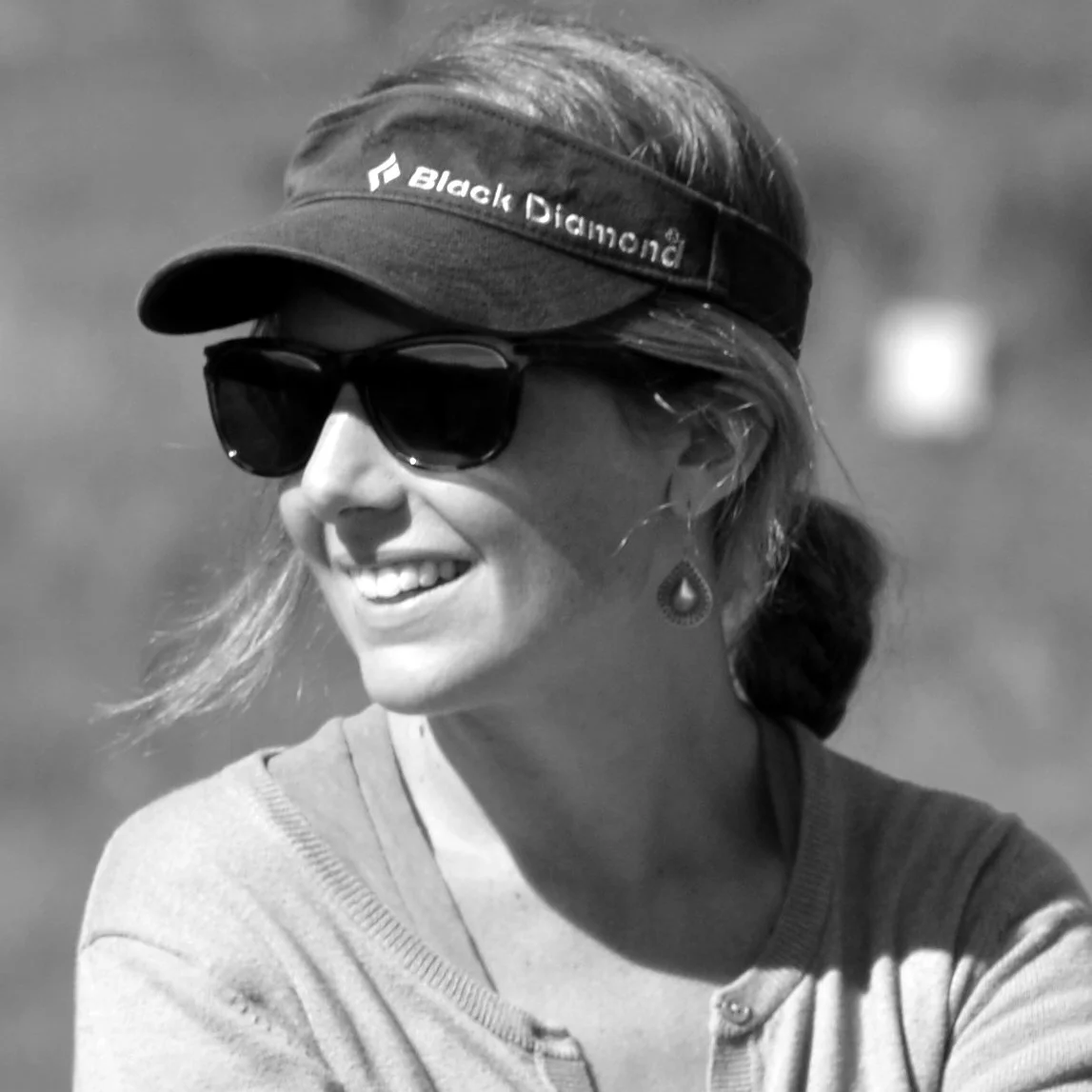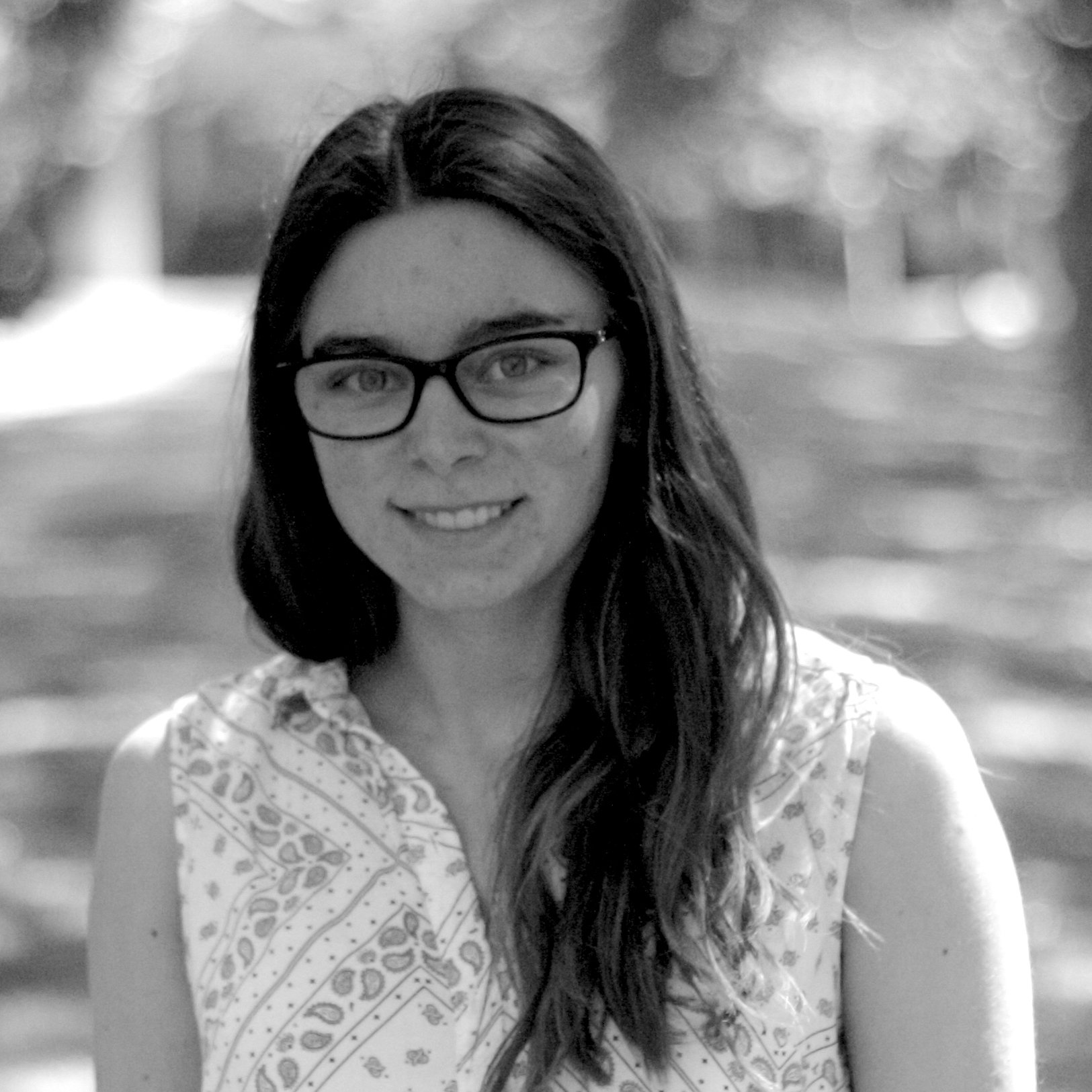Current lab members
Erin Mordecai
Erin Mordecai is an associate professor in Biology, Senior Fellow in the Woods Institute for the Environment, Faculty Fellow in the Center for Innovation in Global Health and the King Center, and member of Bio-X. She completed her PhD in 2012 at UC Santa Barbara, followed by an NSF Mathematical Biology postdoc at UNC Chapel Hill and NC State University. She studies the ecology of infectious diseases in plants, animals, and humans.
Aly Singleton
Aly is a PhD student in the Emmett Interdisciplinary Program in Environment & Resources, co-advised by Prof. Stephen Luby (Department of Medicine - Infectious Diseases). She received her undergraduate (Applied Mathematics) and master's (Biostatistics) degrees from Brown University, where she worked at the People, Place & Health Collective of the Brown University School of Public Health. She then completed a Data Science Fellowship at the Centers for Disease Control and Prevention. Now at Stanford, Aly uses tools in computation and network science to study the effect of anthropogenic change on underlying transmission networks in an effort to prevent widening disease disparities and to address socio-ecological drivers of disease distribution.
Emma Krasovich Southworth
Emma joined the Mordecai lab as a PhD student in the Emmett Interdisciplinary Program in Environment and Resources in 2022. She is a Stanford Data Science Scholar. She is interested in measuring how large-scale environmental change impacts human health, particularly in indigenous and other vulnerable communities. She hopes to combine ML, satellite imagery, econometrics, epidemiology, and disease ecology to inform environmental and health policy. She is a NSF Graduate Research Fellow and a Stanford EDGE Fellow.
Isabel Delwel
Isabel is a Microbiology and Immunology PhD student in the Mordecai Lab. Prior to Stanford, she studied molecular mechanisms behind viral infection at the University of North Texas and the Albert Einstein College of Medicine. At Stanford, Isabel is interested in exploring the intersection of ecology, evolutionary biology, and infectious disease. Her PhD work focuses on understanding how environmental change impacts risk of vector-borne diseases in the United States.
delwel@stanford.edu
Sam Sambado
Sam is a postdoctoral researcher in the Mordecai Lab, interested in disease ecology in the context of environmental change. She combines ecological theory with statistical modeling to explore the spatial dynamics of human disease patterns. Her interdisciplinary training in human physiology, microbiology, statistics, and ecology, informs her work on the complex dynamics of vector-borne disease transmission.
ssambado@stanford.edu
Desire Uwera Nalukwago
Desire is a Biology PhD student and HAI fellow in the Mordecai lab. She received her undergraduate degree in Neuroscience and French from Lake Forest College in Illinois. She is interested in the transmission and control of vector-borne diseases with environmental changes, and previously worked on life-history trade-offs in the Barbosa lab. She cares about public health, community education and access to quality health care especially for women and children in LMICs as well as hard-to-reach groups.
Johannah Farner
Johannah is an ecology and evolution PhD student in the lab. She is interested in how global change affects the ecology and evolution of species interactions. Her dissertation research centers on interactions between the western tree hole mosquito (Aedes sierrensis), its facultative ciliate parasite (Lambornella clarki), and climate.
jfarner@stanford.edu
Rachel Fay
Rachel is an NIH postdoc in the Mordecai lab interested in the vector-borne diseases and climate change. Her PhD research focused on the influence of temperature on West Nile virus evolution and vector-virus interactions. She now studies the genetic determinants of mosquito thermal tolerance.
Molly Radosevich
Molly is a PhD student in the Biology Department interested in disease ecology, One Health, and host-parasite coevolution under global anthropogenic change. She holds a Master of Public Health with a concentration in Environmental Health Sciences from UC Berkeley, where she investigated the ecology and epidemiology of the fungal pathogen Coccidioides immitis. She received a B.S. in Ecology, Evolution, and Biodiversity and a B.F.A. in Jazz Studies from the University of Michigan, Ann Arbor. She is a Stanford Graduate Fellow.
mollyrad@stanford.edu
Sam Bents
Samantha Bents (she/her/hers) is an E-IPER PhD student interested in studying the transmission dynamics of infectious diseases across changing temporal and spatial scales. She plans to investigate how these dynamics can be leveraged to design public health interventions targeting inequities in both the built and natural environment. Prior to beginning her PhD, she was a researcher at NIH NIAID/FIC where her work focused on predictive disease modeling. She holds a B.A. from Princeton University in Ecology and Evolutionary Biology with a concentration in Global Health and Health Policy.
sjbents@stanford.edu
Talya Shragai
Talya Shragai is the Research and Program Manager for Stanford's Disease Ecology in a Changing World (DECO) program. She supports research on the ecological and environmental drivers of disease and solutions that protect both human and environmental health. Prior to Stanford, Talya earned her PhD in Medical Entomology at Cornell University and worked as an Epidemic Intelligence Service officer and epidemiologist at the CDC.
tshragai@stanford.edu
Caroline Glidden
Caroline is a senior scientist in the Mordecai Lab interested in ecology of wildlife and human diseases, global change biology, and biodiversity conservation. Her PhD research focused on drivers of parasite and pathogen assemblages in African buffalo. Caroline now studies the eco-epidemiology of leishmaniasis, and the effect of land-use change on vector-borne and zoonotic disease dynamics.
cglidden@stanford.edu
Mauricio Cruz-Loya
Mauricio is a postdoctoral fellow in the Mordecai lab. He received his PhD in Biomathematics from UCLA, where he studied the combined effects of antibiotics and extreme temperature in bacteria. Before becoming a mathematical biologist, he started as a wet-lab biologist, receiving a BS in Biomedical Research from the National Autonomous University of Mexico (UNAM). Mauricio is interested in understanding the effects of environmental stressors in the population growth and other life-history traits of living organisms, and in linking experimental information at the molecular and cellular level to biological processes at the organism, population and community levels. His current focus is modeling the effects of temperature and other environmental stressors in the transmission of vector-borne infectious diseases.
cruzloya@stanford.edu
Váleri Vásquez
Váleri is a Biotechnology Innovation and International Security Postdoctoral Fellow in the Mordecai Lab whose interests lie in disease ecology, environmental change, and decision theory. Her research develops mathematical frameworks and scientific software to render public health management more efficient, equitable, and robust to environmental uncertainty. Váleri received her PhD and MS degrees from UC Berkeley.
vasquezv@stanford.edu
https://vnvasquez.github.io/
Joshua Lazaro
Joshua Emilio Lazaro is an NSF-GRFP fellow and a PhD candidate in the Biomedical Data Science program at Stanford University. He received his undergraduate degree in Statistics and Data Science from The University of Texas at San Antonio. Joshua's research focuses on the applications of artificial intelligence and statistical models to understand and prevent infectious diseases driven by climate change and human behavior. By leveraging advanced data science techniques, he aims to develop data driven solutions that improve public health outcomes in the face of environmental challenges.
jelazaro@stanford.edu
Chirag Kumar
Chirag Kumar (he/him) is a PhD student in Emmett Interdisciplinary Program in Environment and Resources where he is co-advised by Professor Nathan Lo. He is interested in how anthropogenic climate change – from warming temperatures to changing land use and migration patterns – impacts the spread of disease, particularly among marginalized populations. Prior to starting his PhD, Chirag served as a Biden-Harris US Digital Corps Data Fellow at the US CDC’s Center for Forecasting and Outbreak Analytics where he led agent-based modeling efforts for real-time outbreak response. He graduated from Princeton University as a Smith-Newton Environmental Research Scholar where he concentrated in chemistry with minors in applied math, global health, and quantitative biology. He is supported by a National Science Foundation Graduate Research Fellowship.
alumni lab members
Eloise Skinner
Eloise was a postdoc in the Mordecai lab. She is now a postdoctoral research fellow at the University of Queensland in Australia.
Lisa Couper
Lisa was a PhD student in the Mordecai lab. She is now an NSF postdoc at UC Berkeley.
MARTA SHOCKET
Marta was a postdoc in the Mordecai lab. She is now a lecturer at Lancaster University in England.
Morgan Kain
Morgan was a postdoc in the Mordecai and Mandle labs. He is now a scientific consultant.
Mallory Harris
Mallory was a PhD student in the Mordecai lab. She is now a postdoc at the University of Maryland.
Erin Spear
Erin was a postdoc in the Mordecai lab. She is now a research scientist at the Smithsonian Tropical Research Institute in Panama.
Kelsey Lyberger
Kelsey was an NSF postdoc in the Mordecai lab. She is now an assistant professor at Arizona State University.
Devin Kirk
Devin was a postdoc in the Mordecai lab. He is now a senior data scientist with Geco Strategic Weed Management in Canada.
Jamie CaldwelL
Jamie was a postdoc in the Mordecai lab. She is now a research scholar and teaching lab manager at Princeton University.
Lawrence Uricchio
Lawrence was a postdoc in the Mordecai and Rosenberg labs. He is now an assistant professor at Tufts University.
Nicole Nova
Nicole was a PhD student in the Mordecai lab, and went on to do a postdoc at Princeton University.
Marissa Childs
Marissa was a PhD student in the Mordecai lab. She is now an assistant professor at the University of Washington.
Iain Caldwell
Iain was a postdoc in the Mordecai lab. He is now a lead analyst at the Wildlife Conservation Society.
Víctor Peña-García
Víctor was a postdoc in the Mordecai, Andrews, and LaBeaud labs. He is now an independent researcher in Colombia.
ANDY MACDONALD
Andy MacDonald was an NSF postdoc in the Mordecai lab. He is now assistant professor at the University of California Santa Barbara.
Jasmine Childress
Jasmine was an NSF postdoc in the Mordecai lab. She is now an assistant professor at the University of Wisconsin Madison.
MEGHAN HOWARD
Meghan received and M.S. from the Mordecai lab. She is now the stewardship manager at San Juan Preservation Trust.
Sindiso Nyathi
Sindiso was a PhD student in the Mordecai and LaBeaud labs. He is now a postdoc at Yale University.
Daniela de Angeli Dutra
Daniela was a postdoc in the Mordecai lab. She is now a lecturer at Bangor University in Wales.
